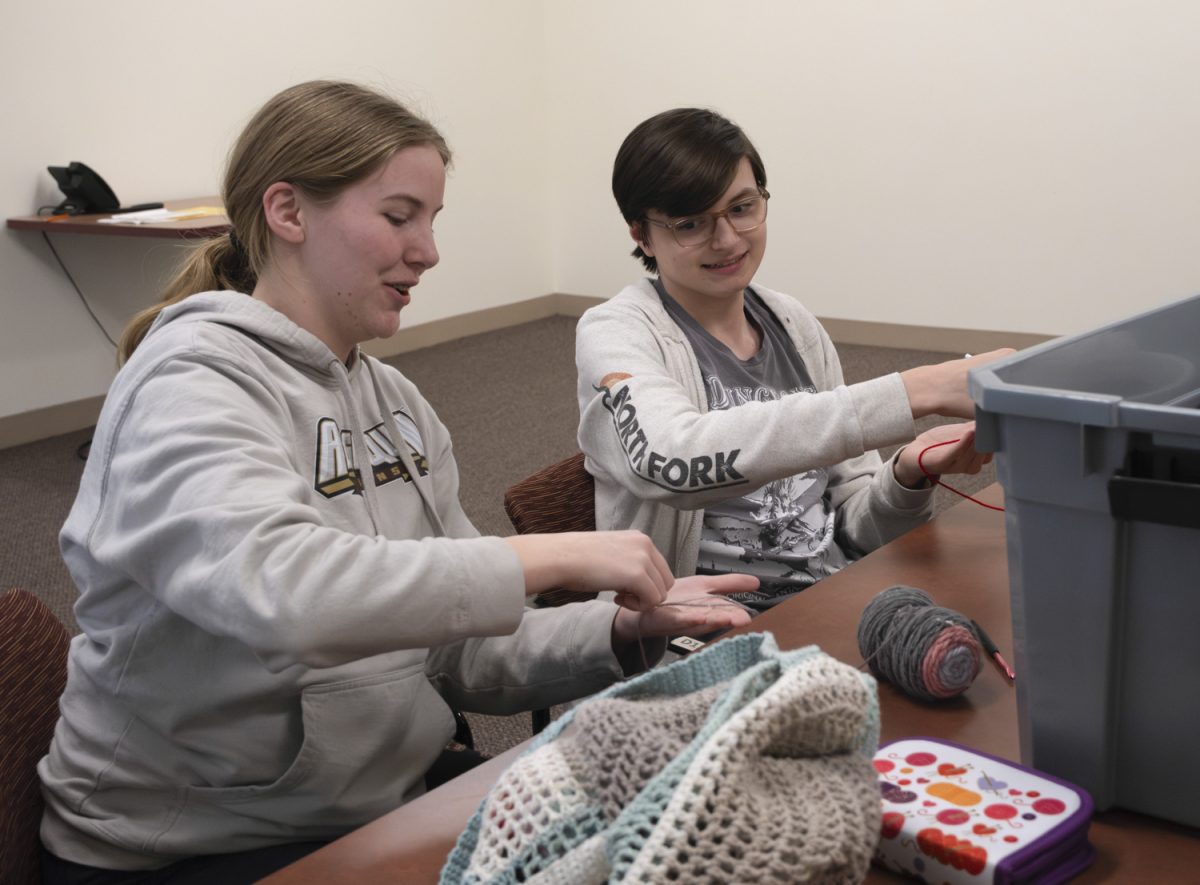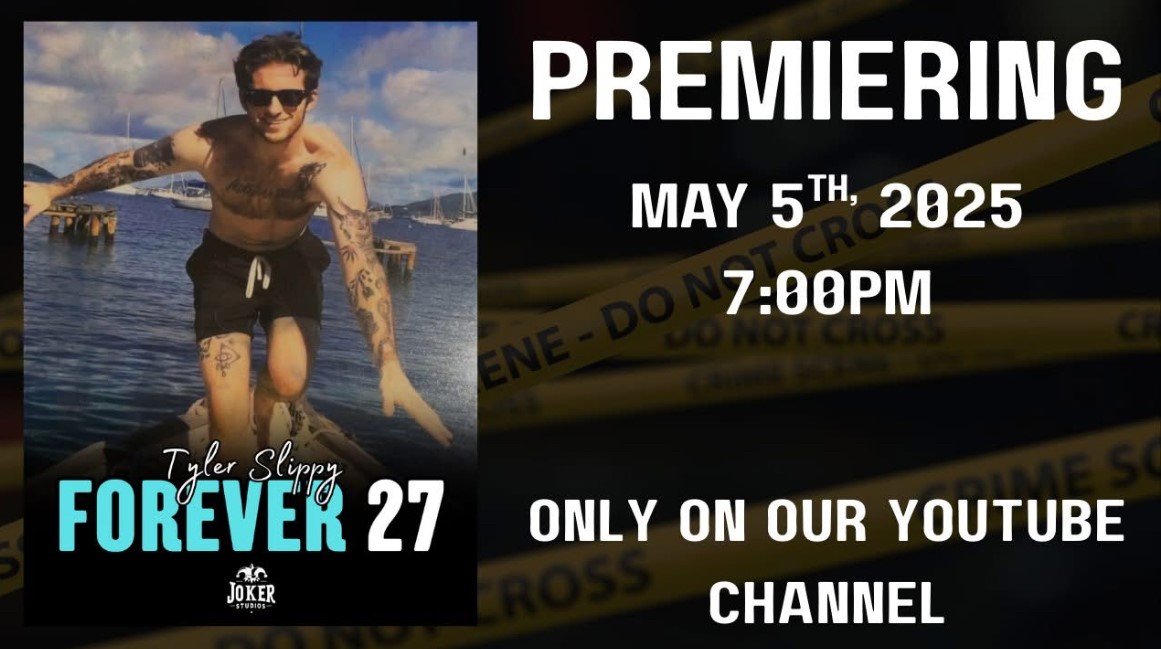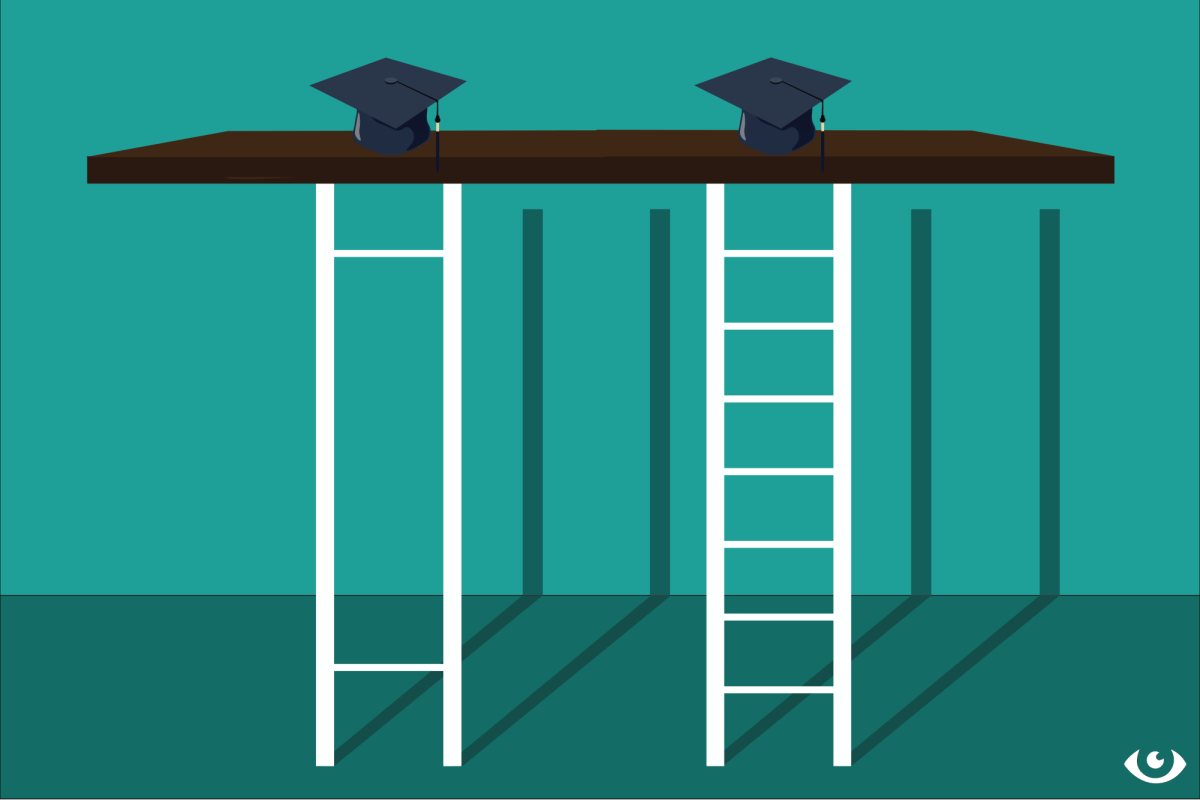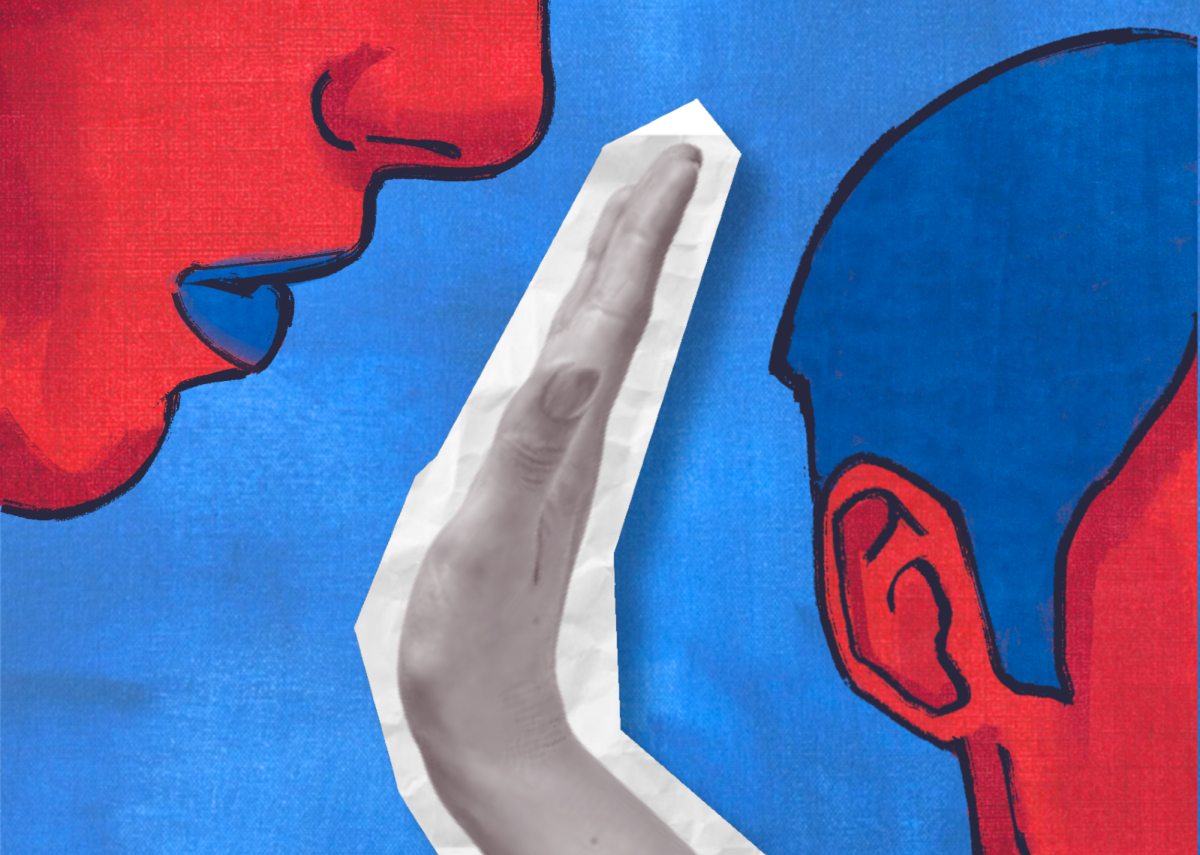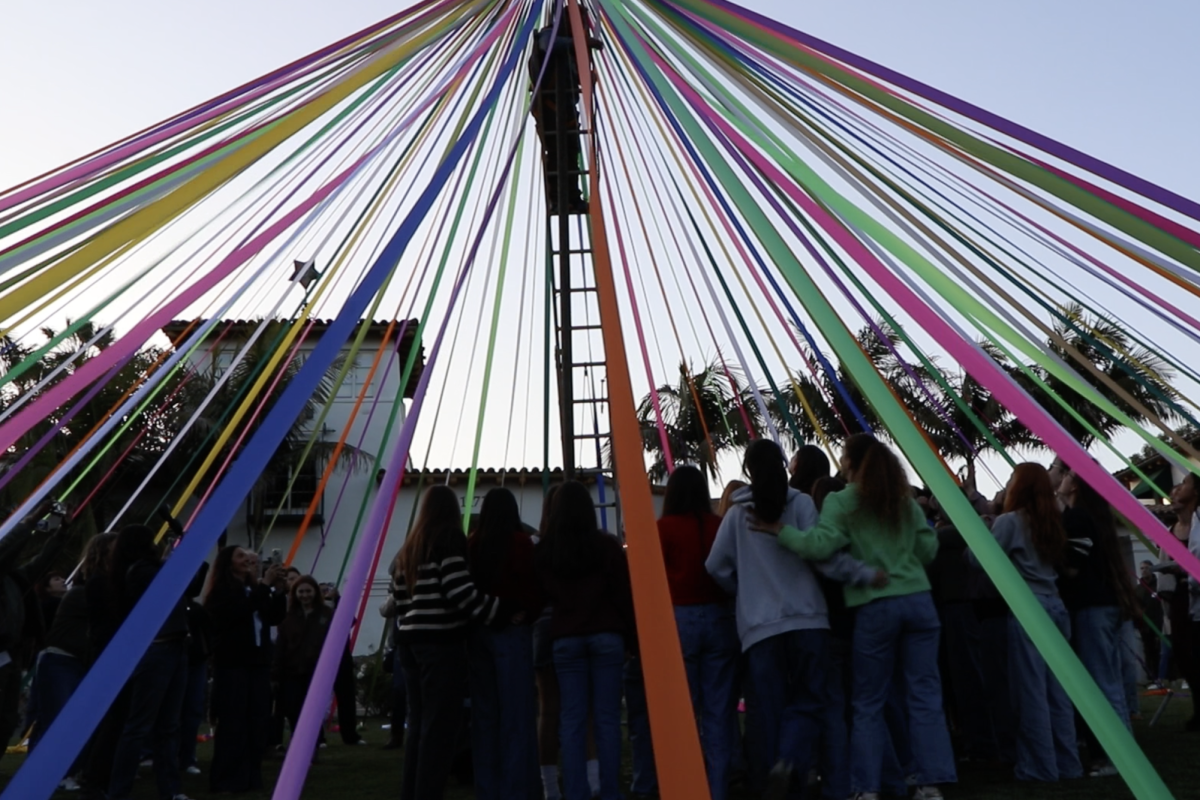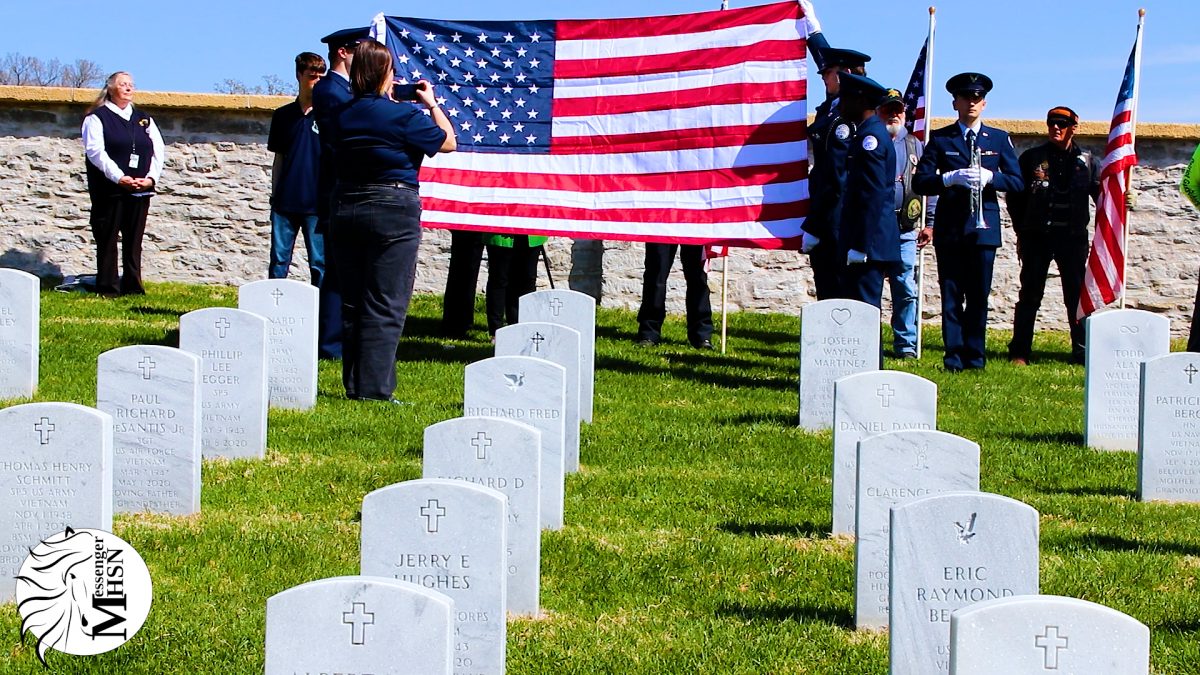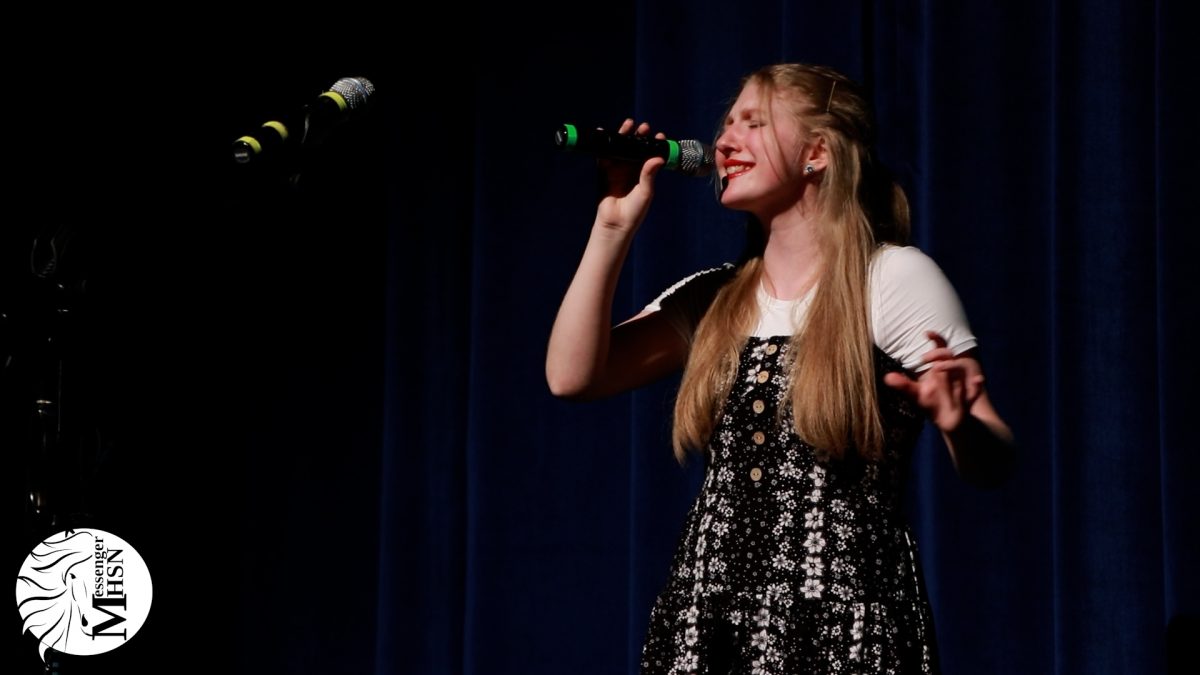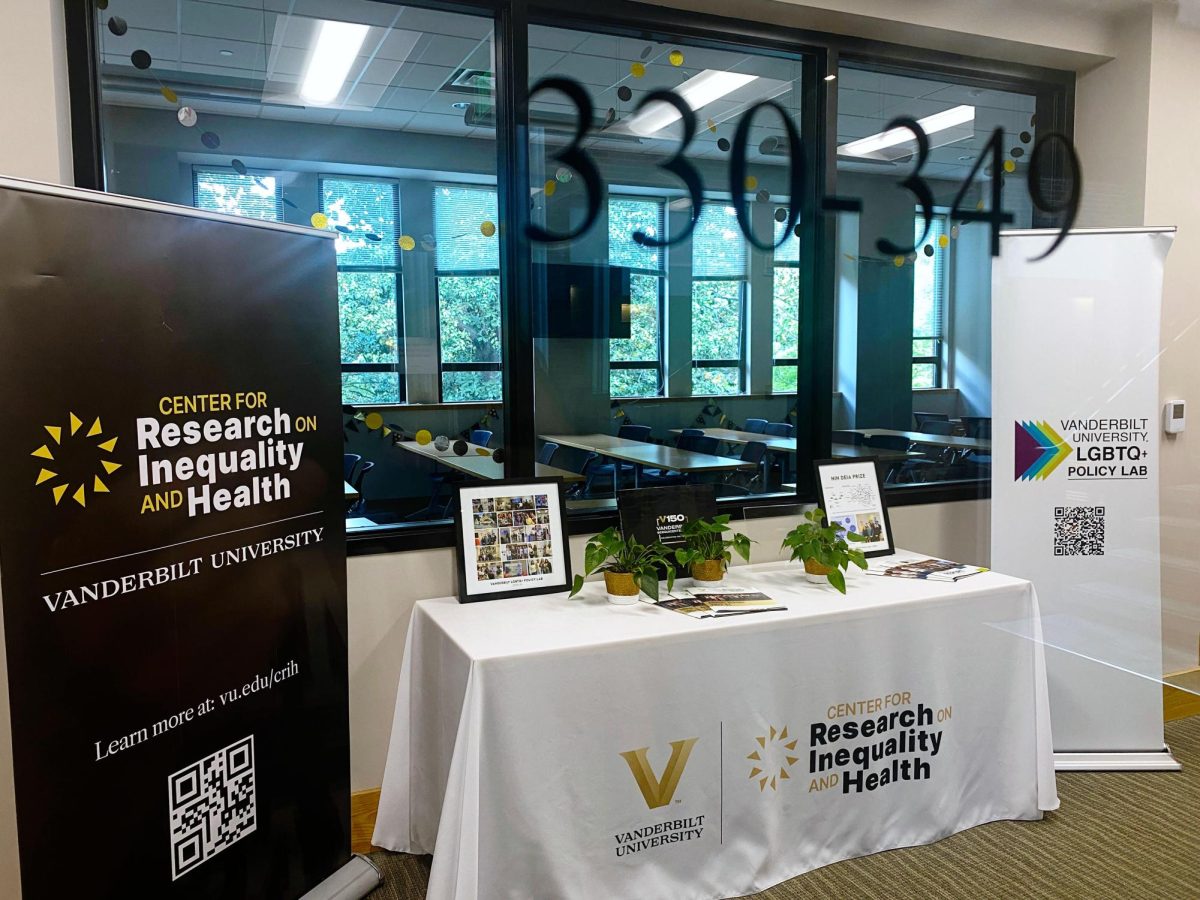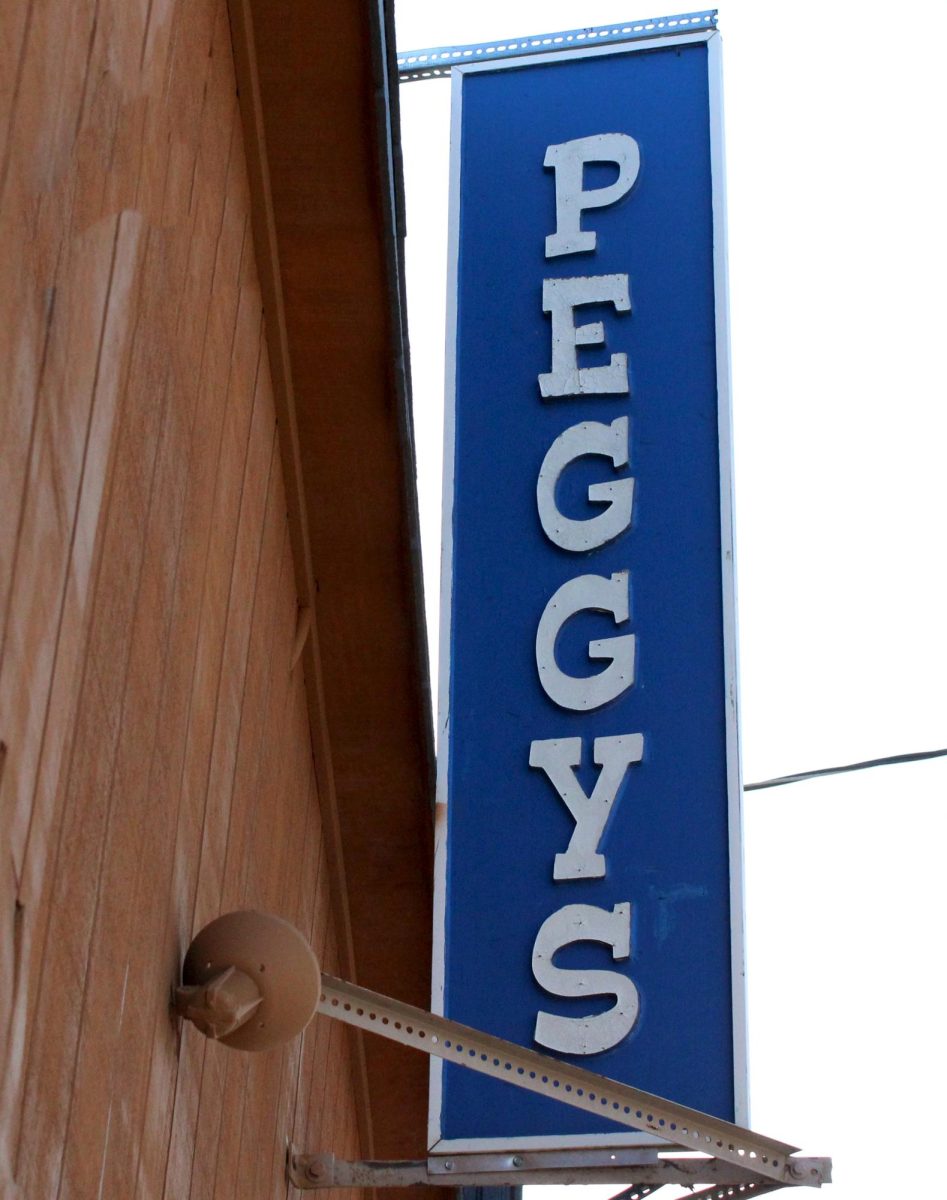Correction: The edition of The Daily Breakdown where this article was included mischaracterized the findings of the UMPD Daily Crime Log. The overall number of rapes this year is down, but the rate of total cases that are occurring in residence halls increased this academic year.
The percentage of the University of Minnesota’s total rape cases in campus residence halls increased during the 2023-24 academic year.
Over the past six academic years, the majority of rapes on the University’s Twin Cities campus have happened in residence halls, according to the UMPD Daily Crime Log. Since the beginning of this academic year, 16 of the 18 reported rapes on campus have happened in residence halls. That is approximately 89% of cases, which is the highest rate seen in any academic year since at least 2018-19.
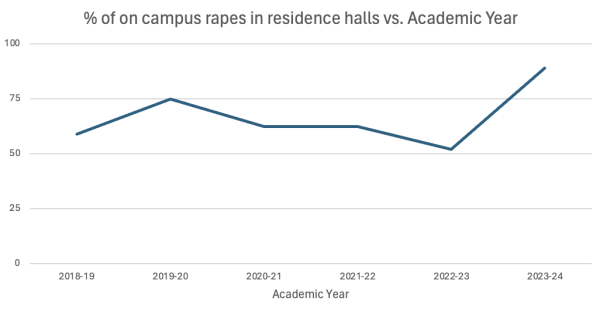
While the 18 total reported rape cases this academic year on campus are down from the 50 total reported cases in the 2022-23 academic year, this year’s 89% of reported rapes happening in residence halls is up from about 52% last year. The next highest year is 2019-20 with 75%, according to the Daily Crime Log.
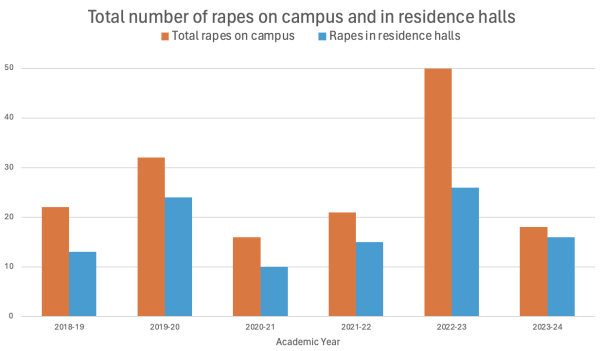
Differing data
Jacob Richter, a Student Senate representative and co-chair of the Public Safety Working Group, said this term the Student Senate decided to focus on sexual assault on campus and began finding data on the issue.
“It’s alarming,” Richter said. “The amount of both rape and what they call fondling incidents, which is kind of like sexual battery, on campus has been just disturbing and it’s not something that you hear about that much.”
Richter said the data the Student Senate used is from the Annual Security and Fire Safety Report, which complies with the Clery Act. The Clery Act is a federal law requiring universities that receive public funding to collect campus crime data and report the information annually to the U.S. Department of Education.
The report shows 30 rapes and 27 incidents of fondling in 2022 between the Minneapolis and St. Paul campuses, Richter said. In 2021, there were 40 rapes and 12 fondling incidents. Both of these numbers differ from the numbers reported in the Daily Crime Log.
The Daily Crime Log and data from the Annual Security and Fire Safety Report have different geographical parameters, causing the numbers from the two data sets to differ, according to the University of Minnesota Police Department’s (UMPD) spokesperson Jake Ricker.
Ricker added the Crime Log includes incidents within UMPD’s patrol jurisdiction, while the annual report only includes incidents occurring on Clery geography.
UMPD investigates all allegations of criminal sexual conduct, Ricker said.
“UMPD has investigators who specialize in these types of investigations, but the same level of professionalism and care that UMPD investigators bring to any criminal sexual conduct investigation applies regardless of where the incident occurs,” Ricker said.
Katie Eichele, the director of the Aurora Center, said the center sees around 450-500 clients each year.
The Aurora Center works to serve all victims, survivors or concerned people of sexual assault, relationship violence, stalking and sexual harassment at the University, according to their website.
“We’re kind of average in terms of people coming in for services,” Eichele said. “There’s certainly more people coming and reporting to law enforcement, and that’s actually a really good thing.”
Eichele added a small number of the center’s cases are residence halls. She said a lot of the cases are off campus because that is where the majority of students live.
National trends show first- and second-year students are oftentimes the most vulnerable, especially in the first six weeks of the fall semester, coined the “Red Zone,” according to Eichele.
Richter said coed dorms inherently create situations that can lead to sexual assault, and he has spoken with students who have felt uncomfortable.
“I’ve spoken in loose consultation with people across the campus community about whether they felt safe in coed residential halls, and there was a consensus that females do feel a bit less safe when they are in a twin residential,” Richter said.
Eichele said as a whole, a majority of the Aurora Center’s clients do not report.
Some victims do not report
In most academic years, more than half of rape cases occur months or years before they are reported, according to the Daily Crime Log.
This school year, the Daily Crime Log showed six of the 18 cases this school year occurred months or years before they were reported. Thirty-seven of the 50 cases for the 2022-2023 school year happened months or years before.
Eichele said reporting is never the first priority for the center. She said often there are other things survivors want to prioritize like school, safety and their well-being.
“The last research that was conducted on something like that said that, on average, it takes about a victim survivor 11 months to actually report to an office that has some type of disciplinary authority,” Eichele said.
According to Eichele, the reporting aspect can come when the victim feels safe enough to report or when they have processed it enough to understand what they experienced was a violation.
Eichele said they might not see delays in reporting if the accused is a complete stranger. Victim survivors often do not want to do significant harm to others, despite having experienced significant trauma.
Clara Cashin, a third-year student who lived in a residence hall her freshman year, said it is worrisome that this is happening in residence halls with students who are still very young.
“There might be a slight increase in reported cases in residence halls because people might feel more comfortable having a CA to report to and they have more confidentiality with that,” Cashin said.
Education and prevention
True prevention, according to Eichele, focuses on what society is telling people who consider taking advantage of others in vulnerable situations. Oftentimes, people do not think of themselves as monsters or rapists, she said.
Eichele added that the number of cases will rise if education and prevention is working.
“We acknowledge that if we’re doing our job, in terms of prevention and training for all students and employees, which is required by the campus, then we’re definitely going to also see increases in reporting and that’s something that we want,” Eichele said. “We want to see that accountability. We want to see that victim survivors are feeling safe and comfortable reporting.”
Eichele added alcohol is a major factor in a lot of campus sexual assaults because it is the number one date rape drug, is easily accessible and is socially acceptable.
“What we have to recognize is that whether or not you are pro-drinking alcohol under age or not, people have a right to engage in social behavior without being victimized,” Eichele said.
Richter said the University Student Senate’s goal is to pass a resolution that will address sexual assault.
“It’s our aim to craft a resolution that will specifically address sexual assault on campus,” Richter said. “We do have kind of a few ideas. The first would be supporting victims by creating clear and established channels for victims to speak out.”
Other prevention initiatives include the University Sexual Misconduct Prevention Program (SMPP) and sexual assault prevention courses for undergraduates.
Margaret Campe, director of SMPP, said addressing sexual misconduct requires committed and sustained action.
“SMPP’s work is evidence-based and informed by assessments completed among our campus communities,” Campe said. “We targeted and tailored our program for student populations at higher risk for experiencing sexual assault, including fraternity and sorority students, student-athletes and LGBTQIA+ students.”
Campe said SMPP, which started under a different name in 2017, is centered on prevention to challenge the root causes of sexual misconduct. She added SMPP recognizes how power and privilege produce vulnerability and risk for sexual misconduct.
According to Campe, the University has required all incoming students to complete an online sexual assault prevention course since 2013.
Richter said the Senate is wondering how important or effective the online course is as they want to make sure students do not just click through a module.
“Something that we were thinking and pondering would be having a live instructor during orientation or welcome week talk about consent and that instructor we would like to be either from the University office or even a police officer,” Richter said.
Cashin said she heard a lot more advocacy for talking to someone if something happens while living in a residence hall than while living outside of a residence hall.
“I think the University does a good job with talking about those concerns while students live in residence halls but I think they could do better for students who don’t live in residence halls,” Cashin said.
Susan Stubblefield, director of Housing & Residential Life (HRL), said HRL partners closely with the Aurora Center to provide training and education for residents who live on campus. As for rape cases in residence halls, she said she has not heard a lot.
“I haven’t received any direct feedback on this topic,” Stubblefield said. “Certainly as a department, this is an important priority for us when we think about safety and education.”
Stubblefield said every fall HRL does a safety week, which includes a safety quiz as a way for students to become more aware about resources.
Community advisers (CAs) in residence halls are required to report any incident of sexual misconduct they become aware of, Stubblefield said.
“Many times those reporting parties really need that support from the very beginning,” Stubblefield said. “We do a lot of training before the academic year begins and then also throughout the year.”
A newer safety precaution is adding turnstiles in residence halls. Stubblefield said Pioneer Hall is the only residence hall currently with turnstiles but that more will be installed in Middlebrook Hall and 17th Avenue Hall this summer.
“Those are really just helping us to make sure that people are not following students into the buildings,” Stubblefield said. “That whole thing of holding a door open behind someone else, we call it ‘tailgating’ sometimes, that we’ve really found that those turnstiles mitigate the tailgating.”
Abby Holien, a first-year student living at Comstock Hall, said there is not a lot of security that goes into who enters the building, including tailgating.
“It’s not like there’s anybody stopping you from, like, getting in,” Holien said. “That’s why the rising statistics don’t necessarily surprise me. Just the level of safety in some of the residence halls is a little bit concerning.”
Mariam Hassan, Undergraduate Student Government Sexual Assault Task Force (SATF) chair, said almost everyone she knows had an experience where they felt unsafe in residence halls.
“As more conversations are had about speaking up and knowing that it’s not your fault and shifting the blame from victims, which I think it historically has been in the past, to like perpetrators and the culture that allows this, has really made people feel more comfortable in reporting,” Hassan said.
Hassan said she cannot tell if the increase has to do with more reporting or an increase in crime.
Hassan said SATF is focusing on raising money for different prevention centers in Minnesota, adding SATF is hosting a self-defense workshop to help people learn defenses.
“There’s only so much you can do and I think it’s really important to consider that you can be the most self-defense trained person in the world and this can still happen to you, it’s not about anything that you do,” Hassan said.
Eichele said over 90% of campus sexual assaults are committed by someone that the victim knows.
“What a huge betrayal,” Eichele said. “If you are so afraid of rejection that you don’t have a conversation about sexual experiences or sexual expectations with someone, but you still want to be respectful, I encourage those people to really self-examine.”
Hassan said a big thing is keeping the conversation surrounding criminal sexual misconduct in peoples’ ears and keeping awareness out there.
“Everyone should always remember that sometimes you can do everything in the world and it can still happen to you, and that doesn’t make it your fault,” Hassan said. “We hear all these bad things happening at the dorm, and that doesn’t mean it will happen to you and you can keep yourself safe.”
The Aurora Center encourages those who experience sexual misconduct to connect with an advocate from the Aurora Center by calling the 24-hour helpline at 612-626-9111.
Correction: The original version of this story misstated when the University Sexual Misconduct Prevention Program started. It started under a different name in 2017.
This story was originally published on Minnesota Daily on April 3, 2024.

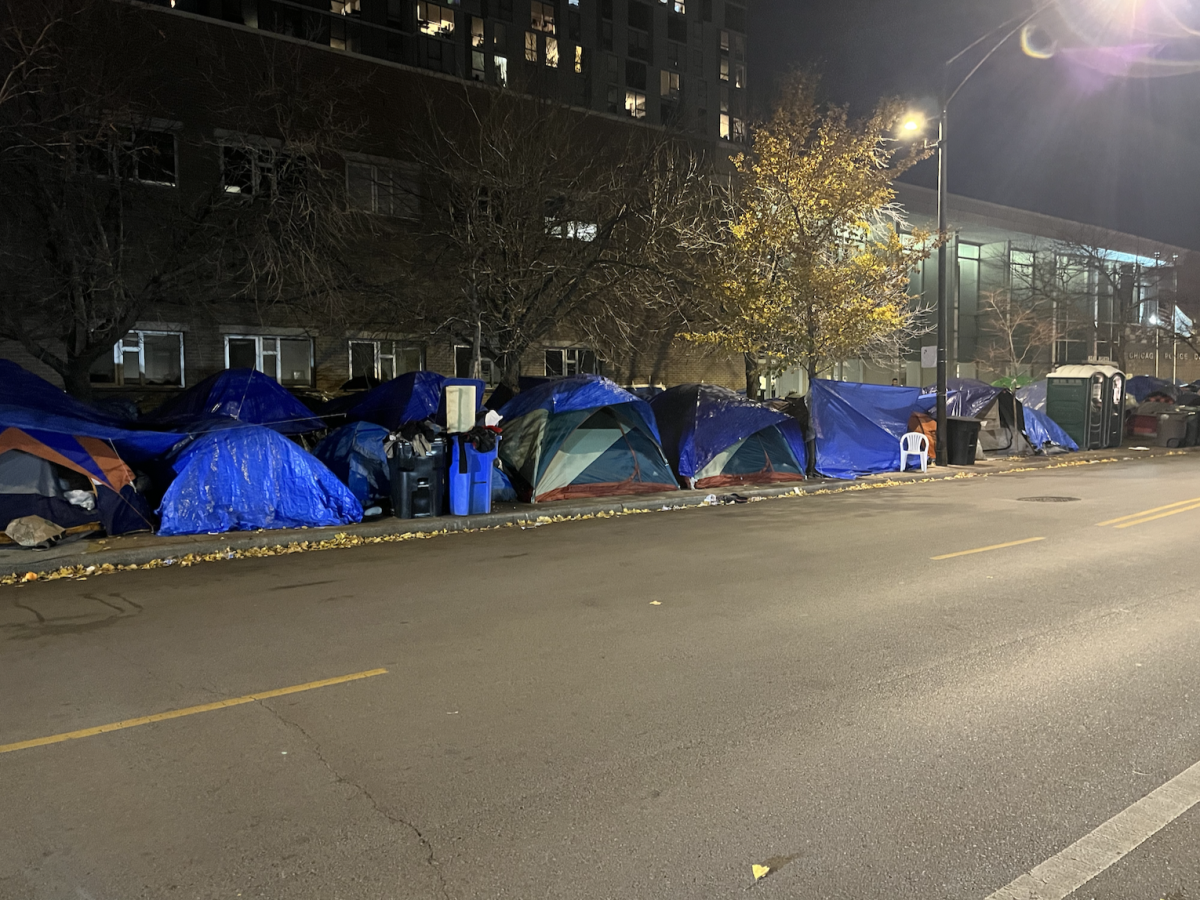
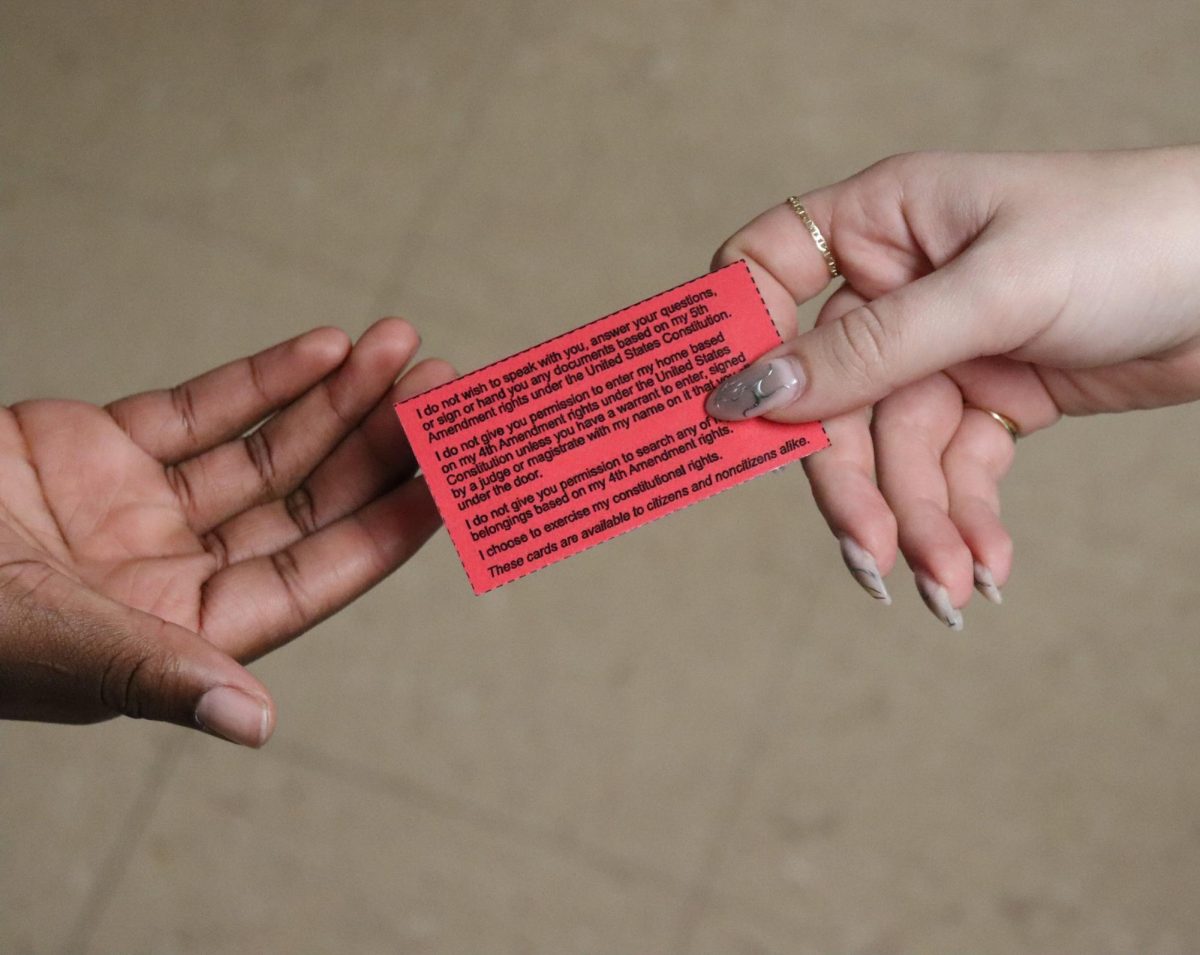
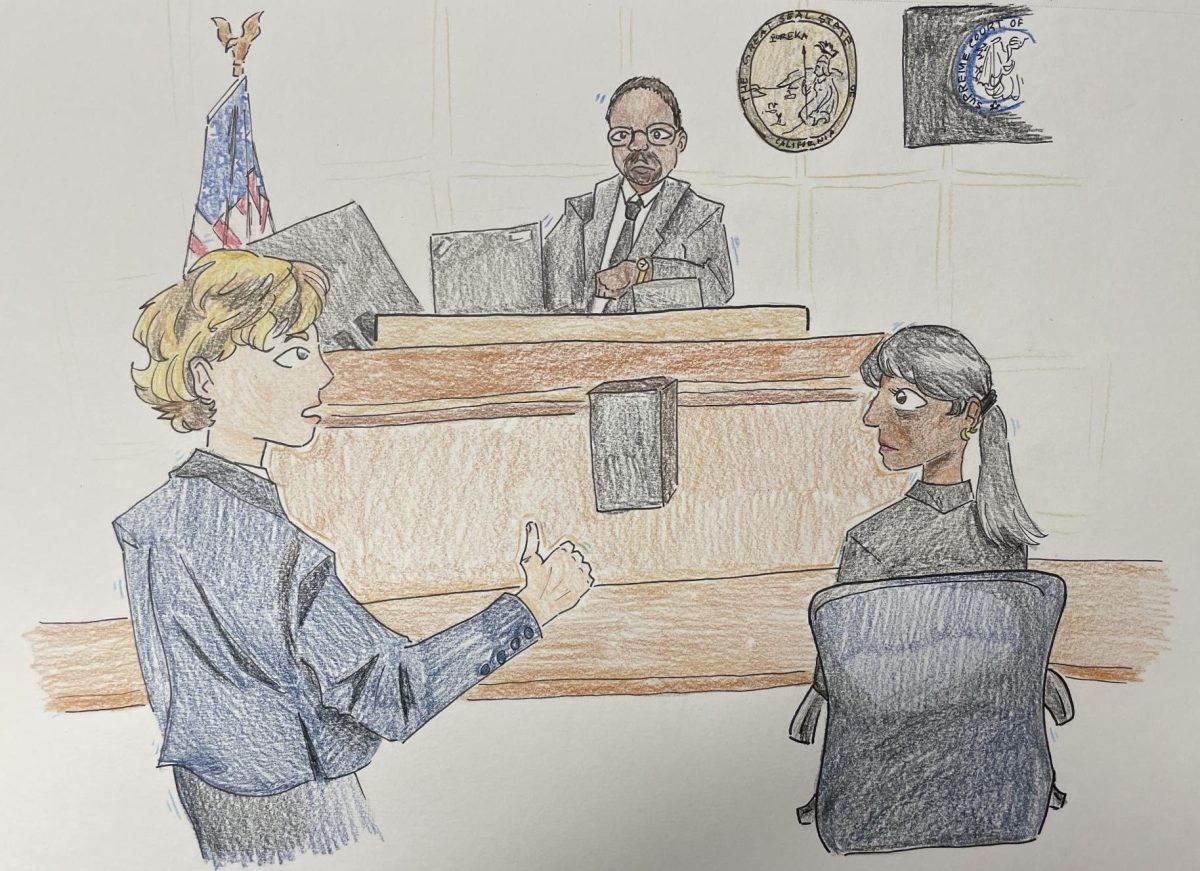



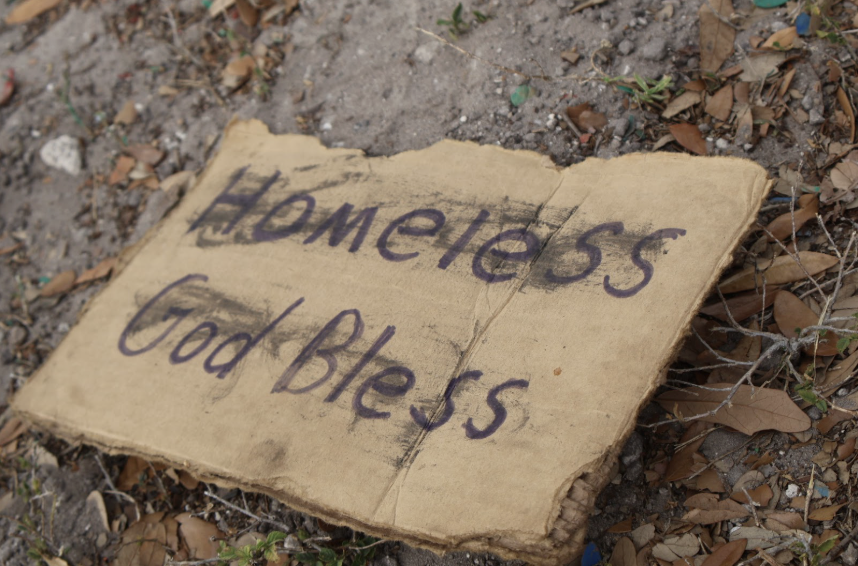
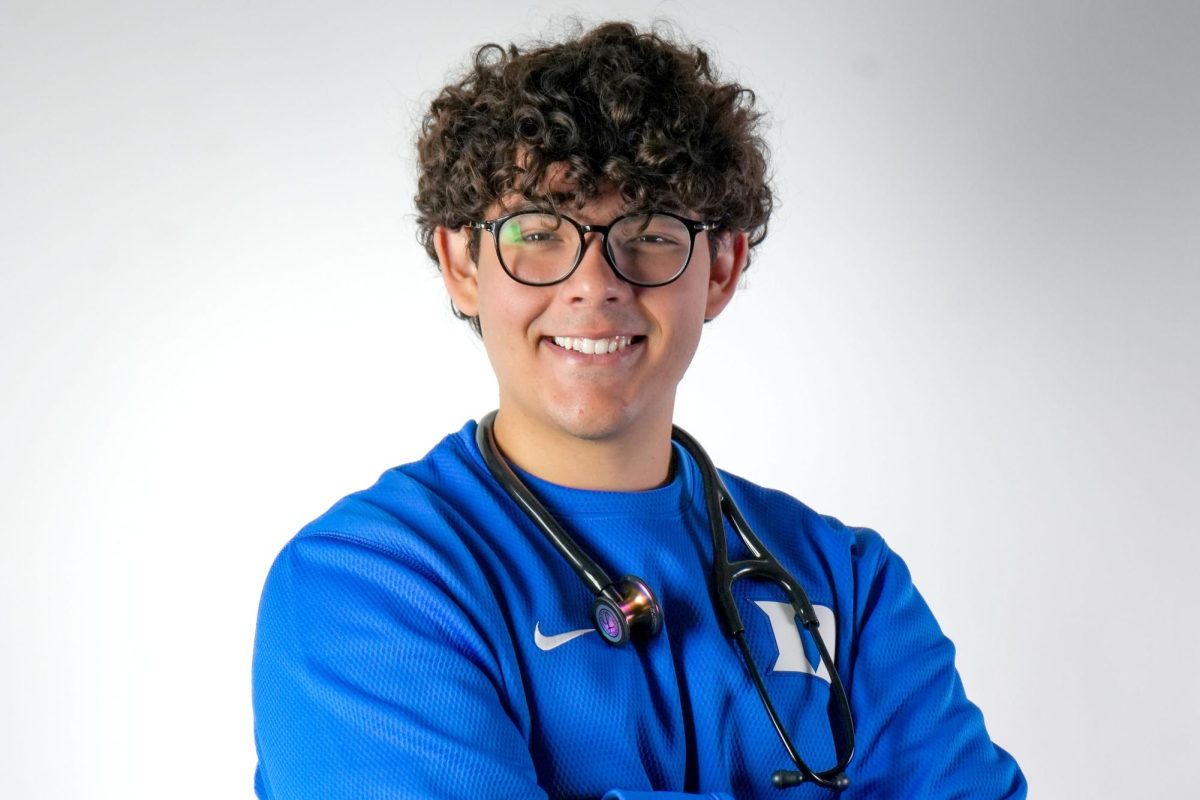

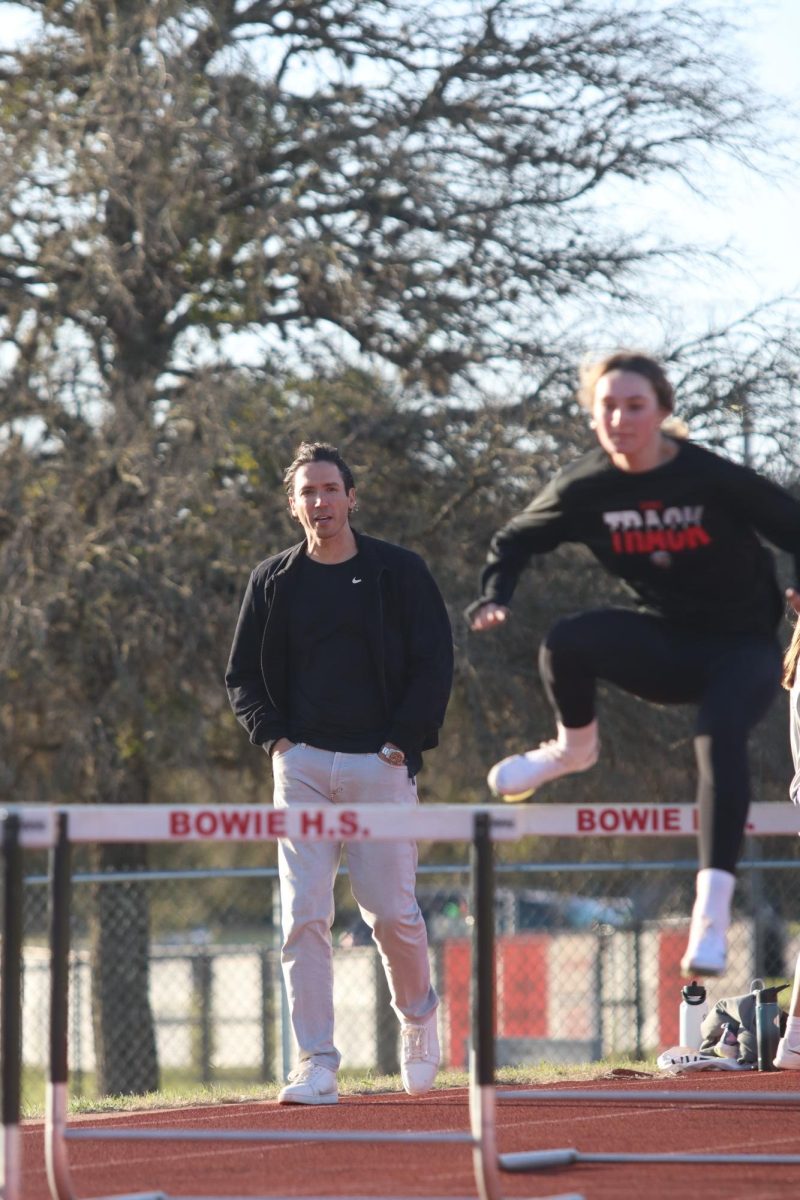
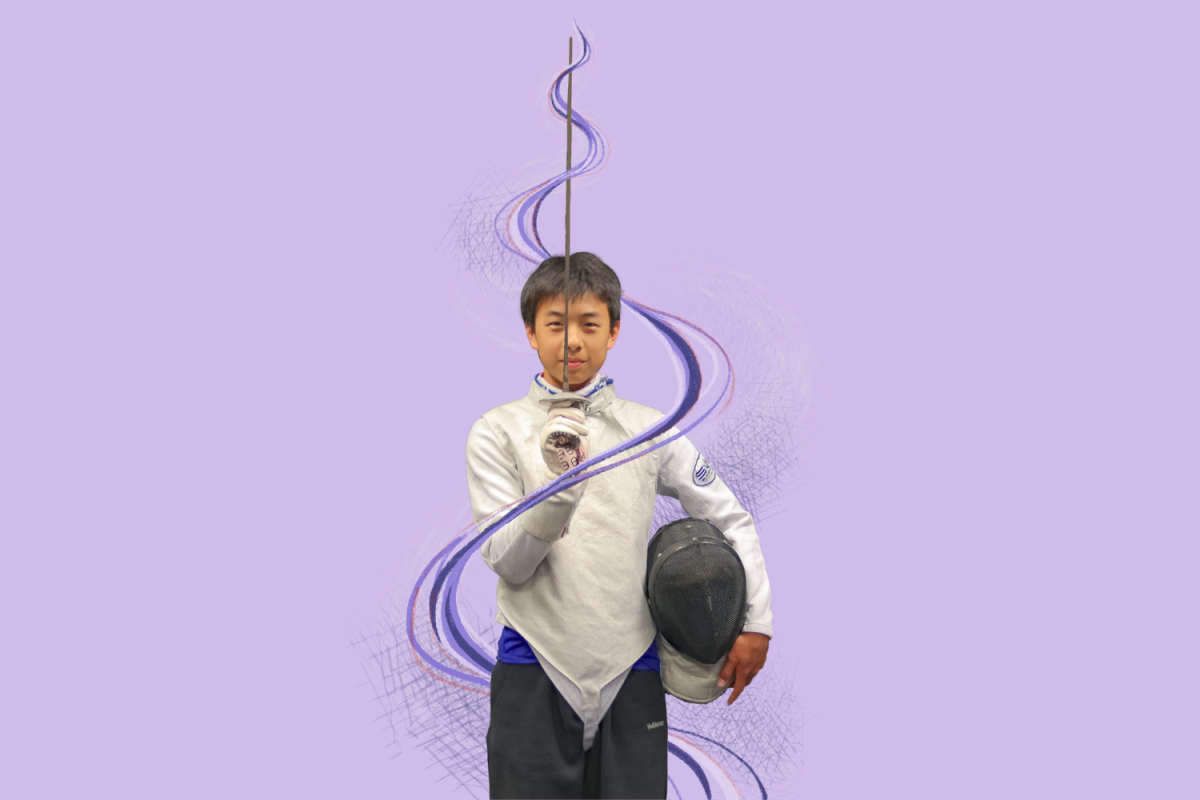
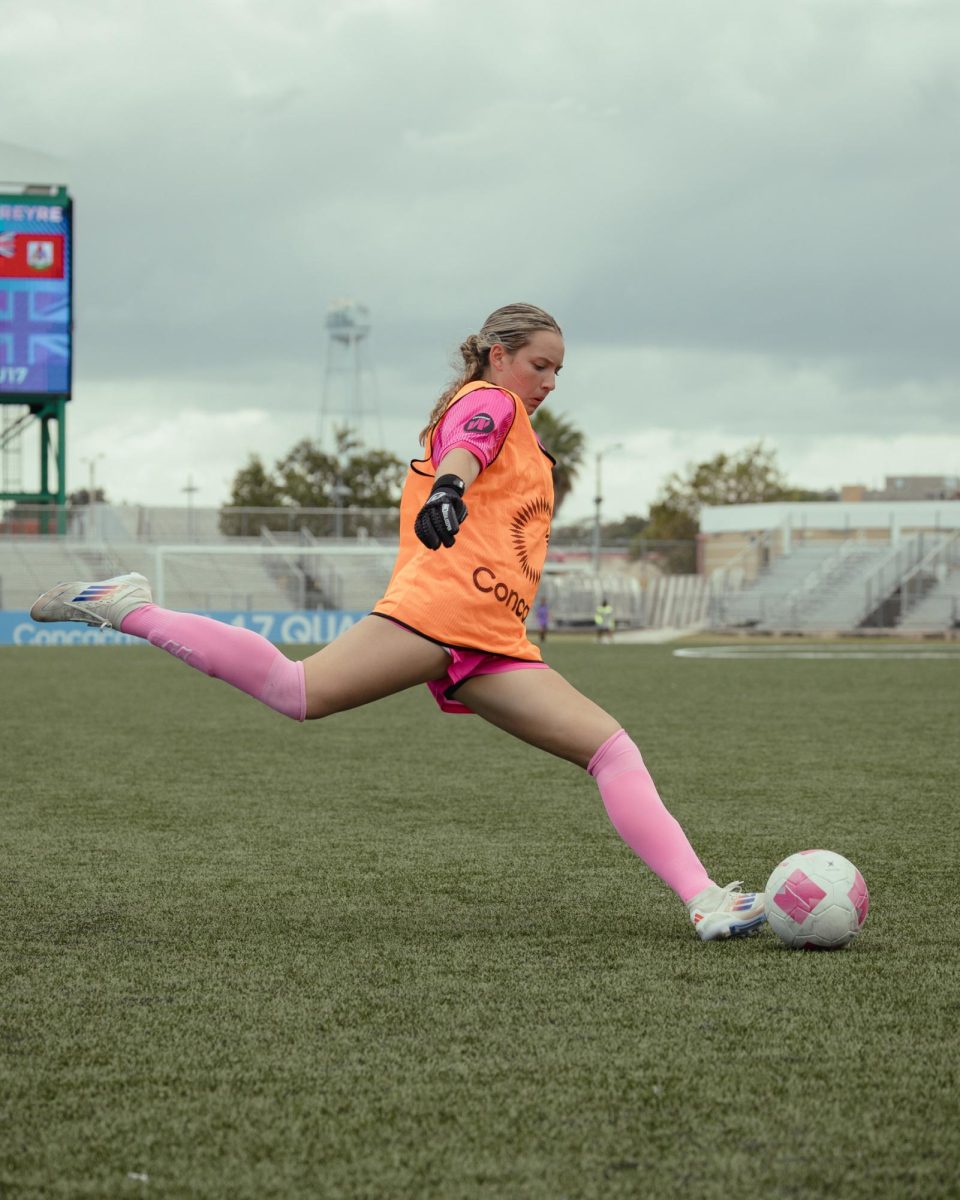

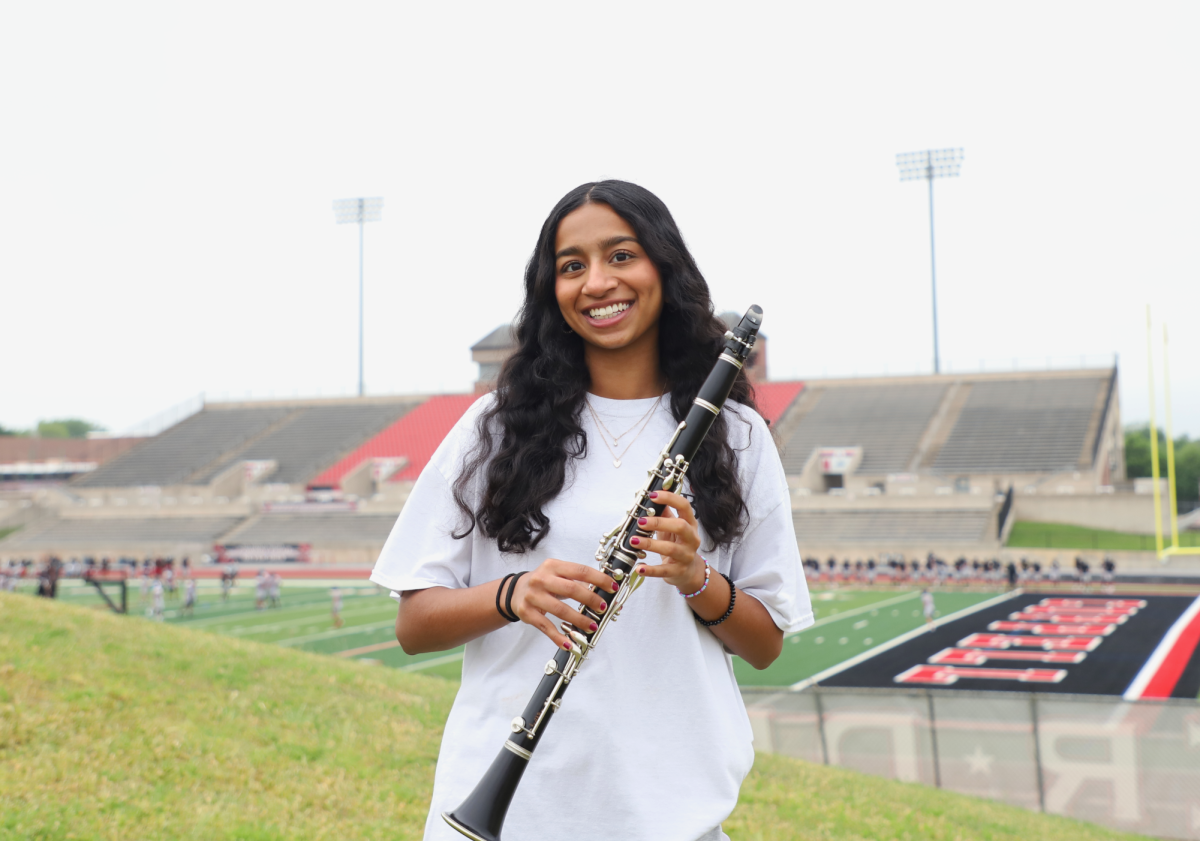
![Finishing her night out after attending a local concert, senior Grace Sauers smiles at the camera. She recently started a business, PrettySick, that takes photos as well as sells merch at local concert venues. Next year, she will attend Columbia Chicago College majoring in Graphic Design. “There's such a good communal scene because there [are] great venues in Austin,” Sauers said. “I'm gonna miss it in Austin, but I do know Chicago is good, it's not like I'm going to the middle of nowhere. I just have to find my footing again.” Photo Courtesy of Grace Sauers.](https://bestofsno.com/wp-content/uploads/2025/05/Grace.png)
